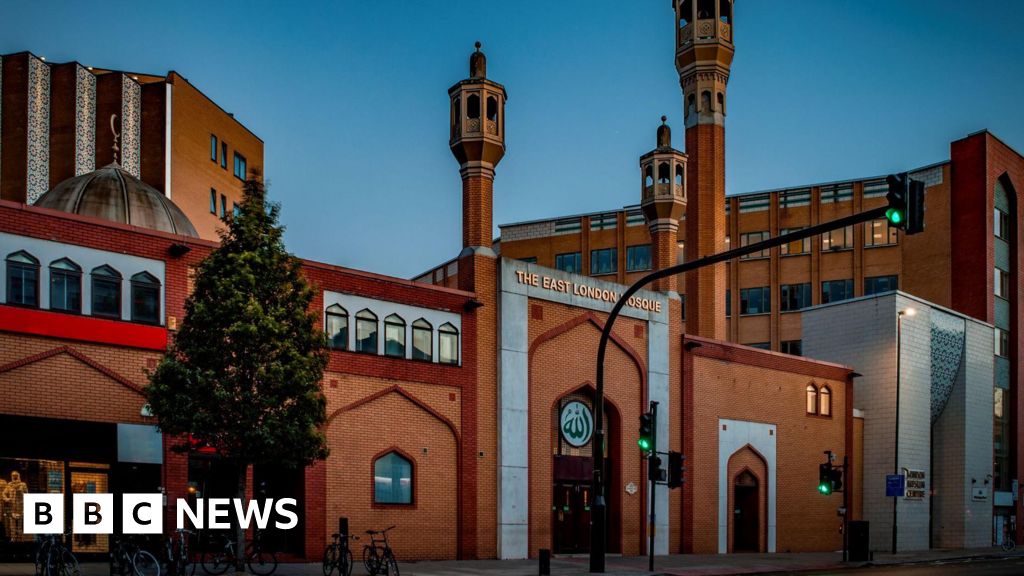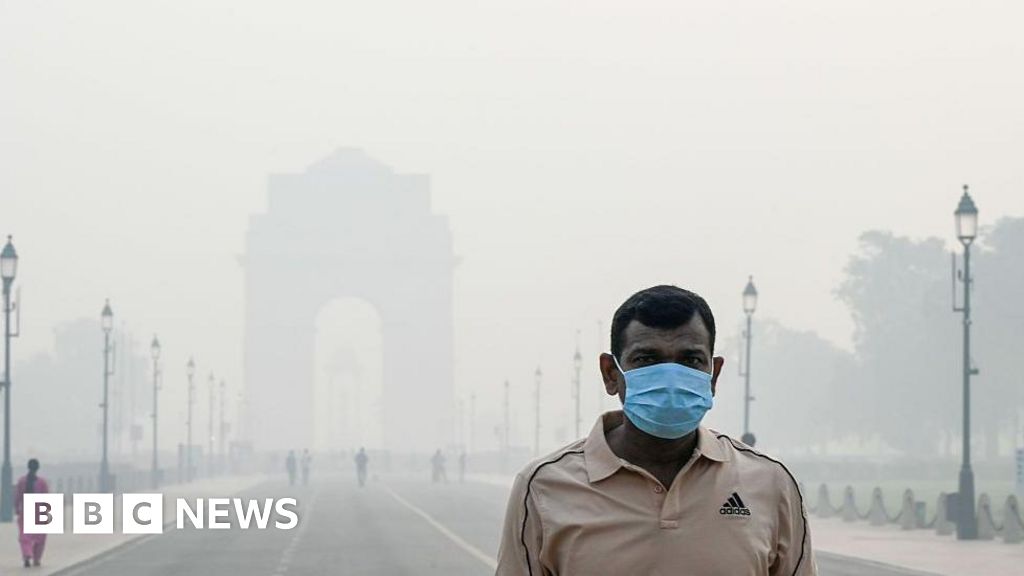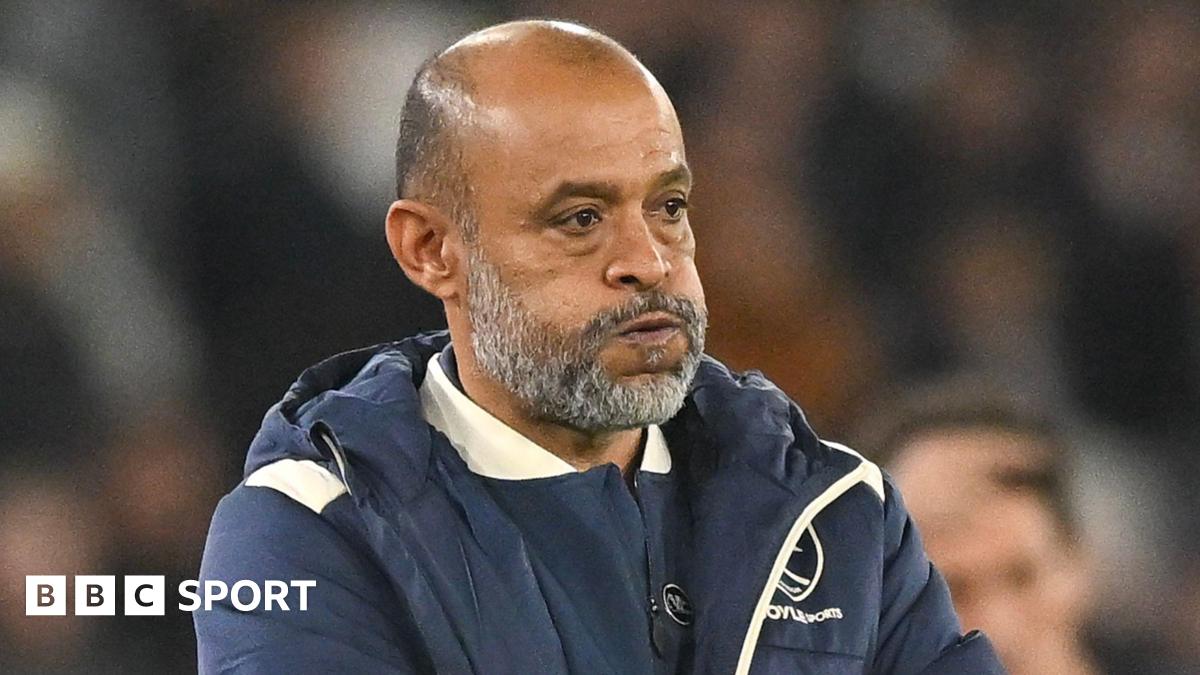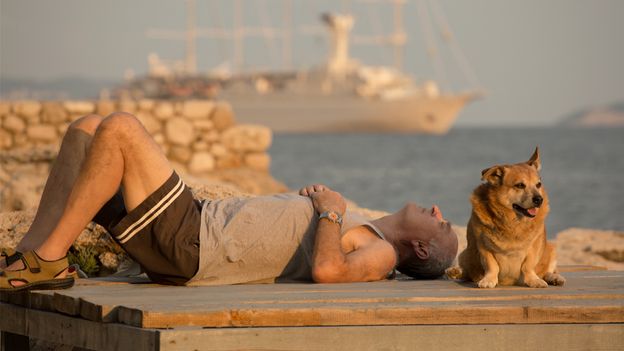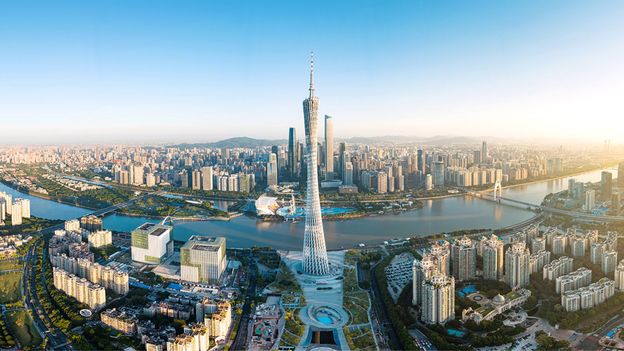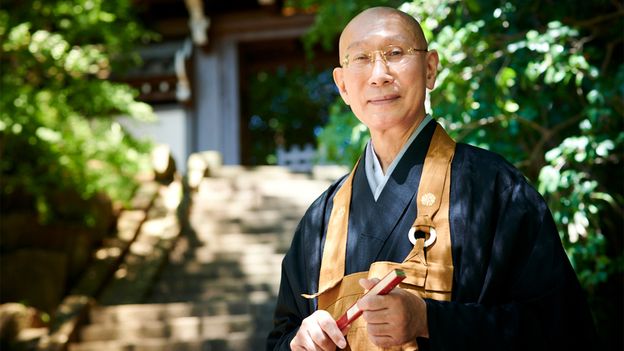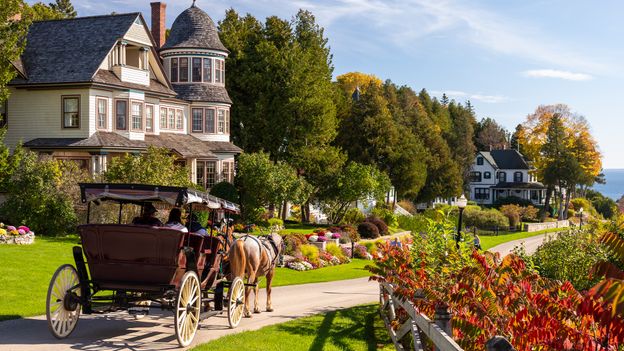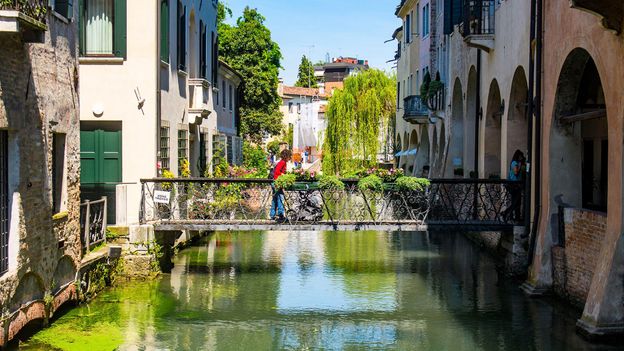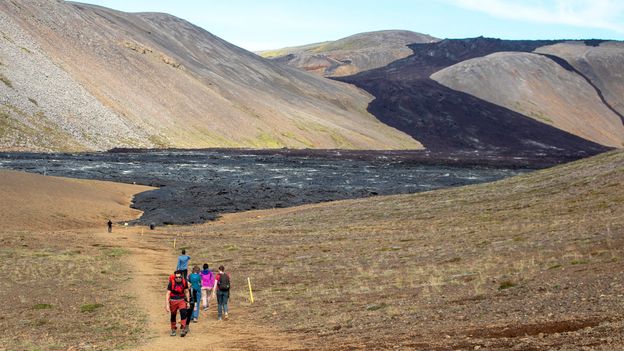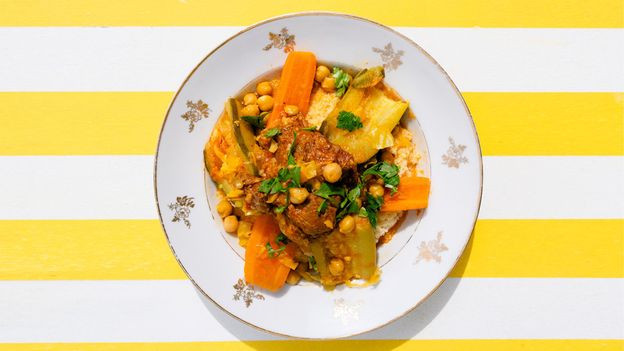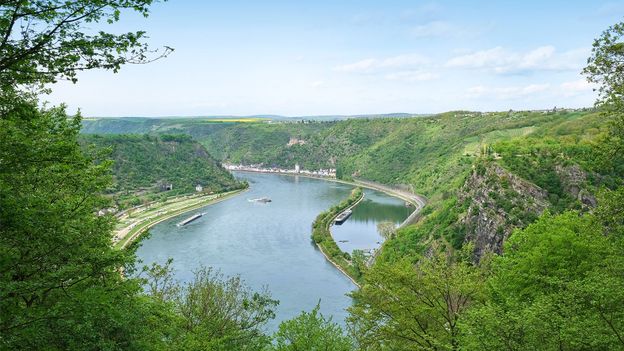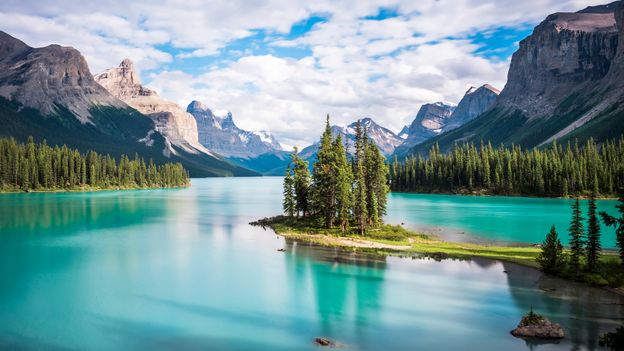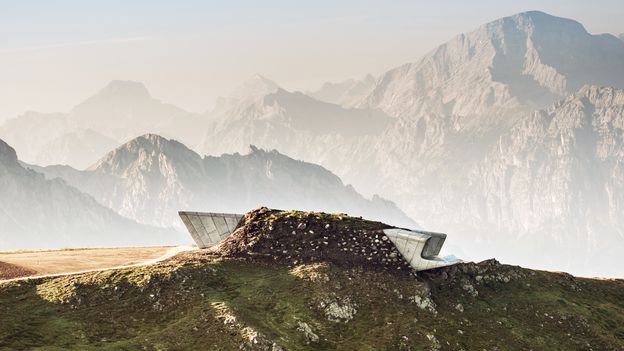I was craving some unhurried time alone – a return to my people-watching days 21 years ago when I studied in Dubrovnik and wrote in my journal at Café Festival on Stradun, the old town’s main thoroughfare, lingering over a cup of coffee for hours. I wanted to reacquaint myself with the selves contained within me, ensconced like matryoshka nesting dolls: the university student who fell in love with Dubrovnik; the woman who got engaged and married there; the mum who celebrated her daughter’s first birthday at Restaurant Magdalena on the same terrace where we’d held our wedding reception.
I’m used to having a plan and itinerary, but this time, I simply bought a ticket for mid-August and booked a room at my favourite hotel. Apart from alerting Vuković and several friends of my trip, I had no real plans. After all, pomalo encourages you to go with the flow. “In Dubrovnik, it influences our daily rhythms – coffee is not rushed, conversations are not interrupted and life flows at its own pace,” Karamehmedović explained.
Pomalo feels distinctly Dalmatian, tied to the sea, the sun, the gentle povjetarac breeze and the slower island and coastal lifestyle. Karamehmedović believes it can even be a meaningful response to overtourism. “Instead of rushing through checklists, it invites travellers to deeply savour one place, one encounter, one moment and to enjoy every minute,” she said.
I’d been dreaming of swimming in the Adriatic and feeling saltwater on my skin, so on my first afternoon, Vuković and I headed straight for Titova villa beach on Lapad peninsula, where locals at Splendid beach bar lingered over beers and card games. The minute I dove into the clear water, my jet lag vanished and I felt refreshed and ready for a good night’s sleep.
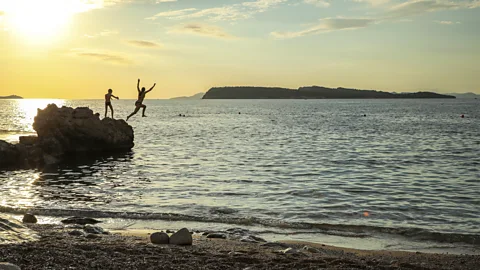 Ivan Vuković
Ivan Vuković